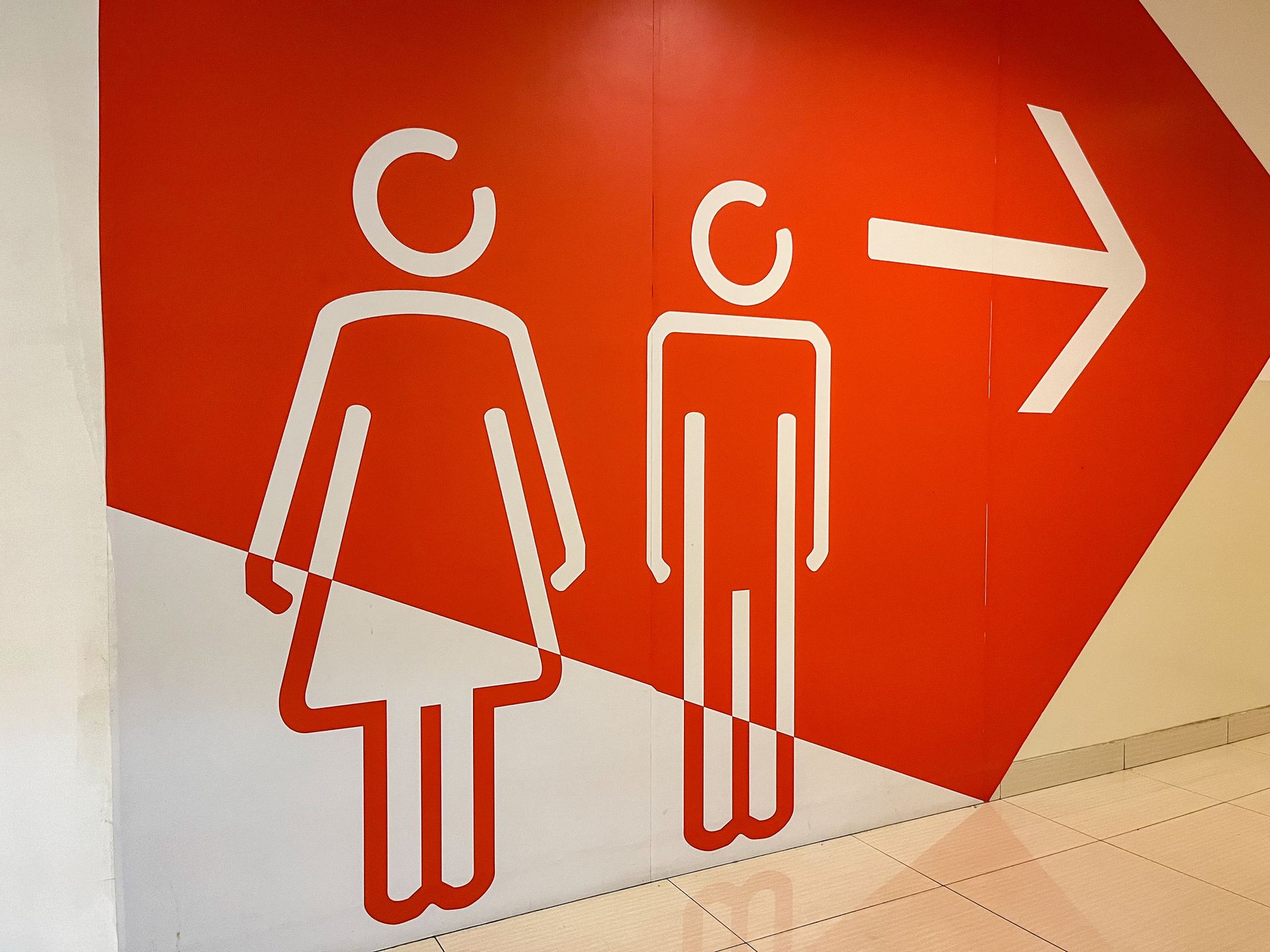Regulatory Limits for Business Signage
If you settle on the business sign that meets your marketing or communication goals, you must also confirm that it meets local and national standards regarding signage. Adhering to the law prevents your firm from incurring large expenditures in solving legal problems and rectifying your errors.
Every sign you select requires a series of background research to confirm its legal appropriateness. You can take some time to evaluate your options and business needs before settling on the signage. This piece discusses a few key areas where the law influences business signage.
Placement
Your business must consider local and national laws regarding the ideal places to place a business sign. For example, the government requires that all business owners collect a permit before placing a flag, banner, or advertising sign on a building, footpath, or road. This permit is the government's way of ensuring that signs are safe and that mounting them at such spots is legal.
Placement issues also apply for signs that are temporary or on vehicles. The permit condones the use of signs on vehicles or trailers and confirms that you meet all necessary guidelines for such signs. Permits also show the period you can place a sign on roads, cars, and other places. Violating rules under such a permit leads to revocation and legal action.
Size
Size is also a defining factor when selecting a sign for your business. The authorities provide specifications regarding the size of advertising boards and business signage. For example, the law dictates the size of wall signs you put in or around a building. The size of the wall sign helps prevent it from obscuring other features of the building, whether functional or aesthetic.
You may also take some time to understand the regulations regarding the size of temporary signs. For example, having a large foldable banner stand can obscure the view of other people in offside business exhibitions. Large banners may also be challenging to transport, install and maintain when you need them for only a few days. Therefore, keep such items lean and reasonable.
Number of signs
The law controls the number of signs you can install at a specific location. For example, having too many billboards in one area can affect the property's value. Other firms and property owners in the area might sue your firm for obstructing their view, reducing property value or similar problems caused by excessive signs.
Therefore, ensure you confirm with local and national authorities the number of signs you can use in one place. For example, ask the building owner about the number of top hamper signs they allow in the commercial building. You may also request information regarding the number of wall signs permitted on each side of the building. This information helps you plan.
Type
There are specific regulations about the use of permanent and temporary signs. If you do not qualify for a permit for permanent signs, you can explore other options, such as foldable banners and car signage.
Again, the type of sign you pick depends on its purpose. For example, the law dictates that safety signs must not be hanging. The signs must also be visible to everyone to ensure adherence to their message. If you consider these rules when getting a sign, you can save a lot of money that you could have incurred through mistakes.
Business signage makes it easy for customers to identify your firm and is a cost-effective way to market yourself. Still, be wise and well-informed about the laws governing business signs' design, installation and use. At Infinity Signs, we specialise in the design, construction, and installation of business signs per your requirements and the law. Contact us today to discuss your signage needs.










